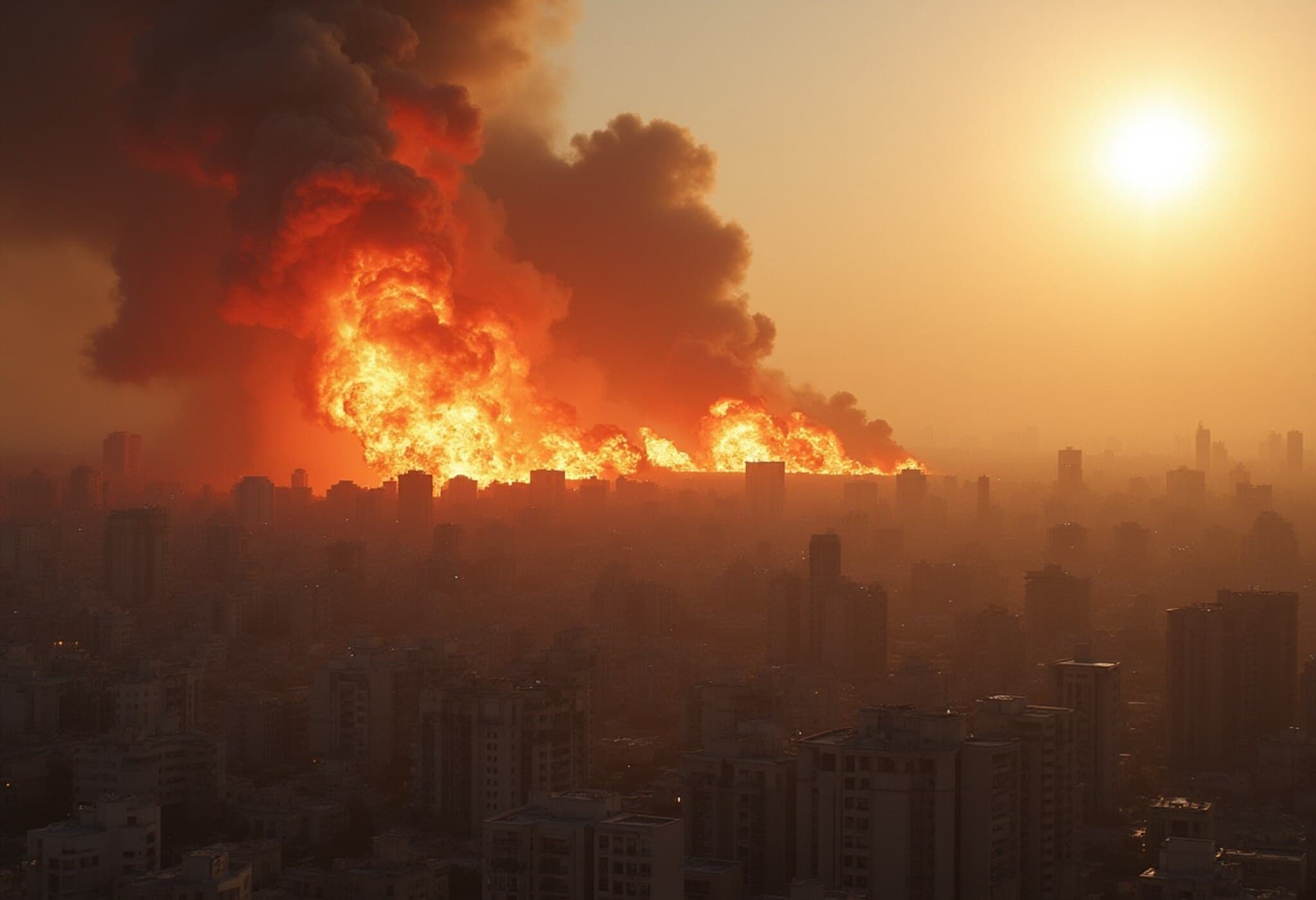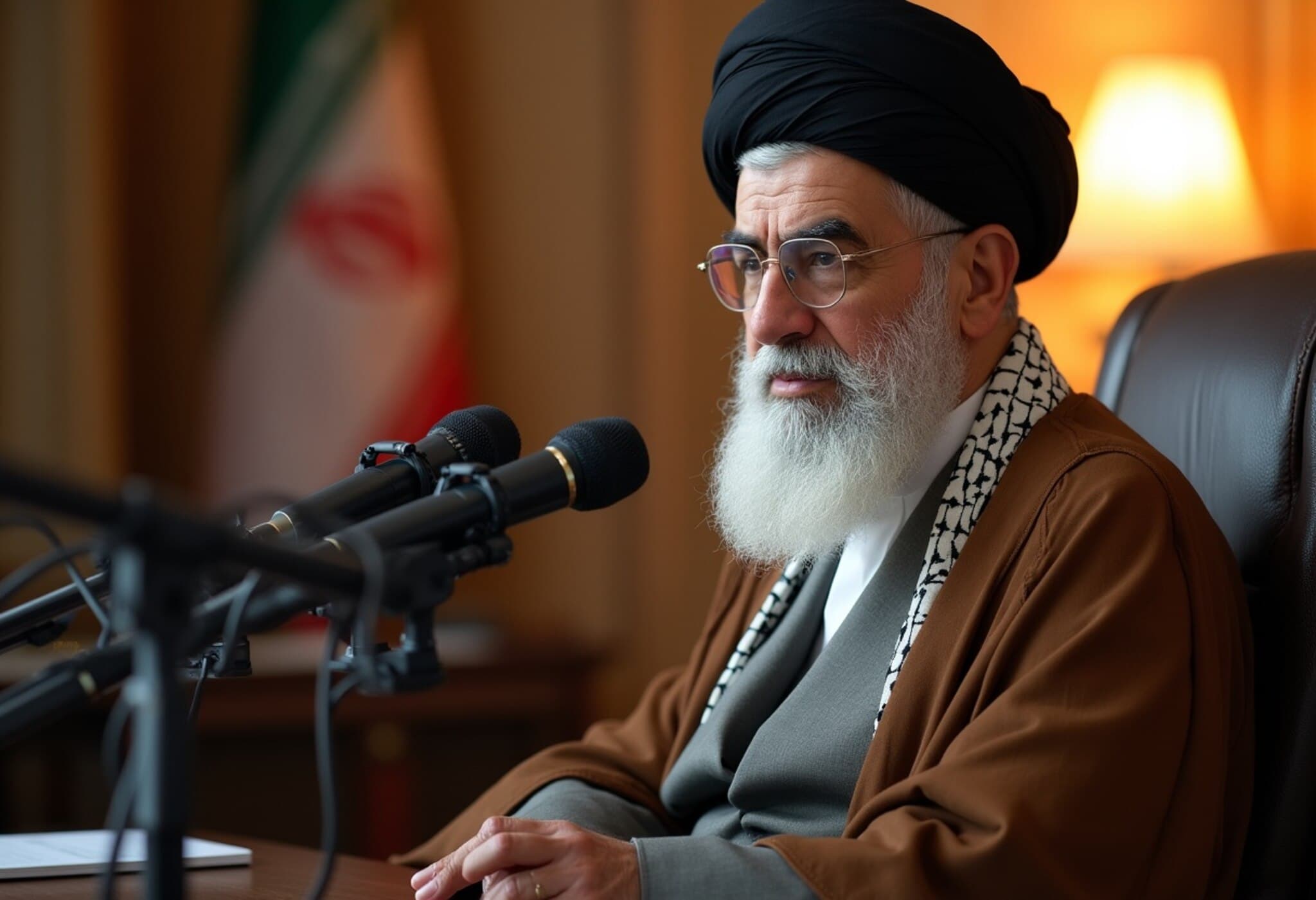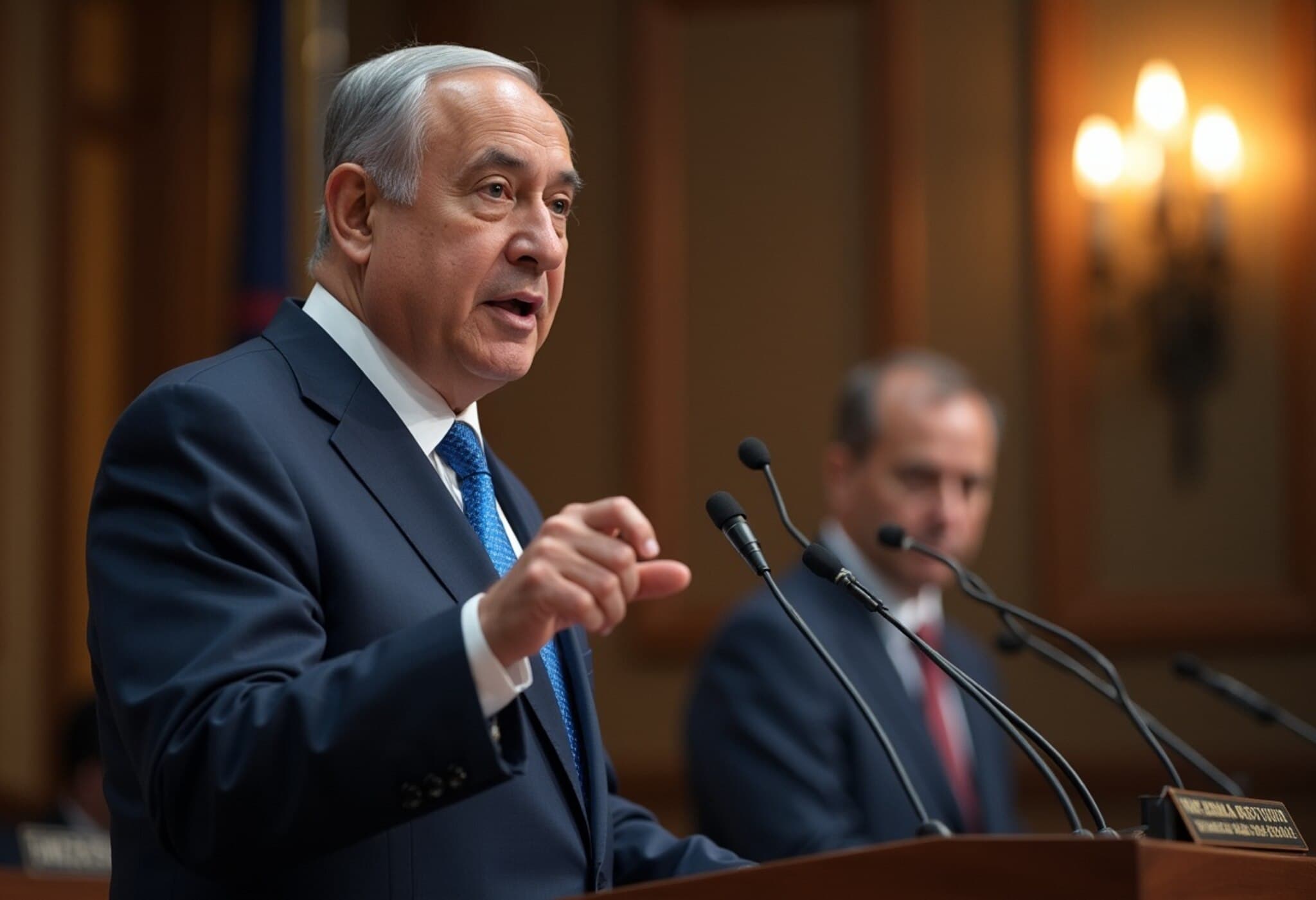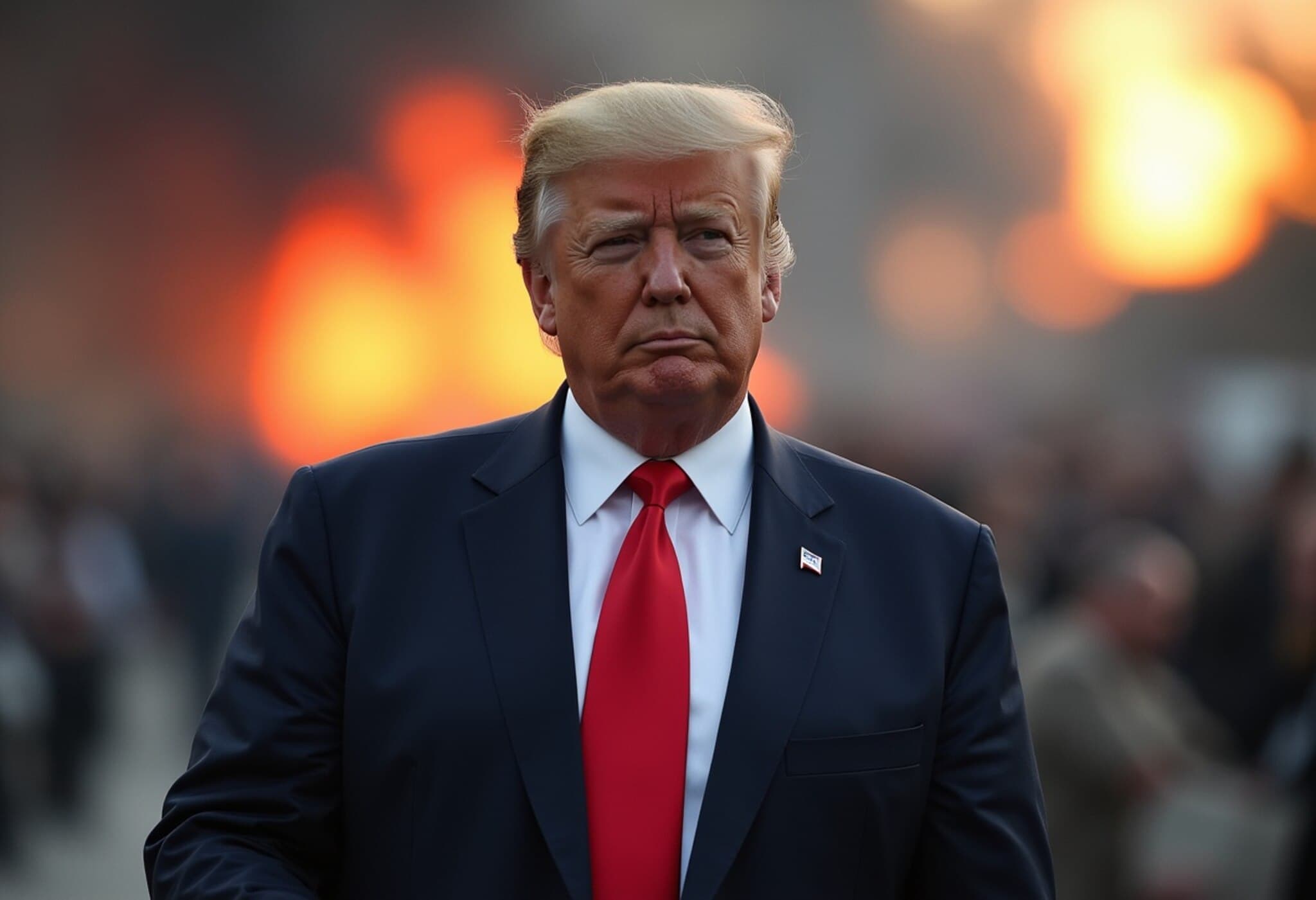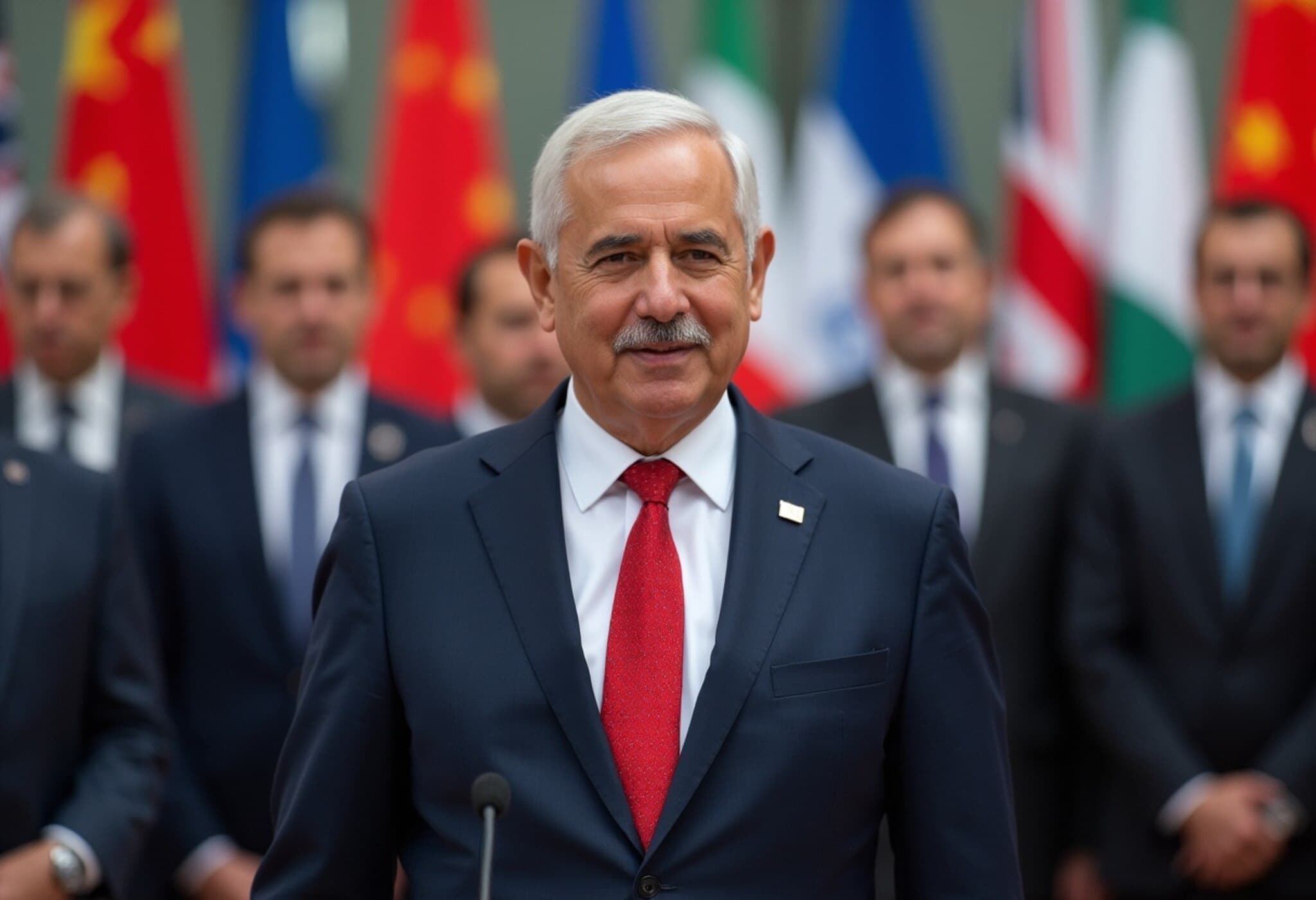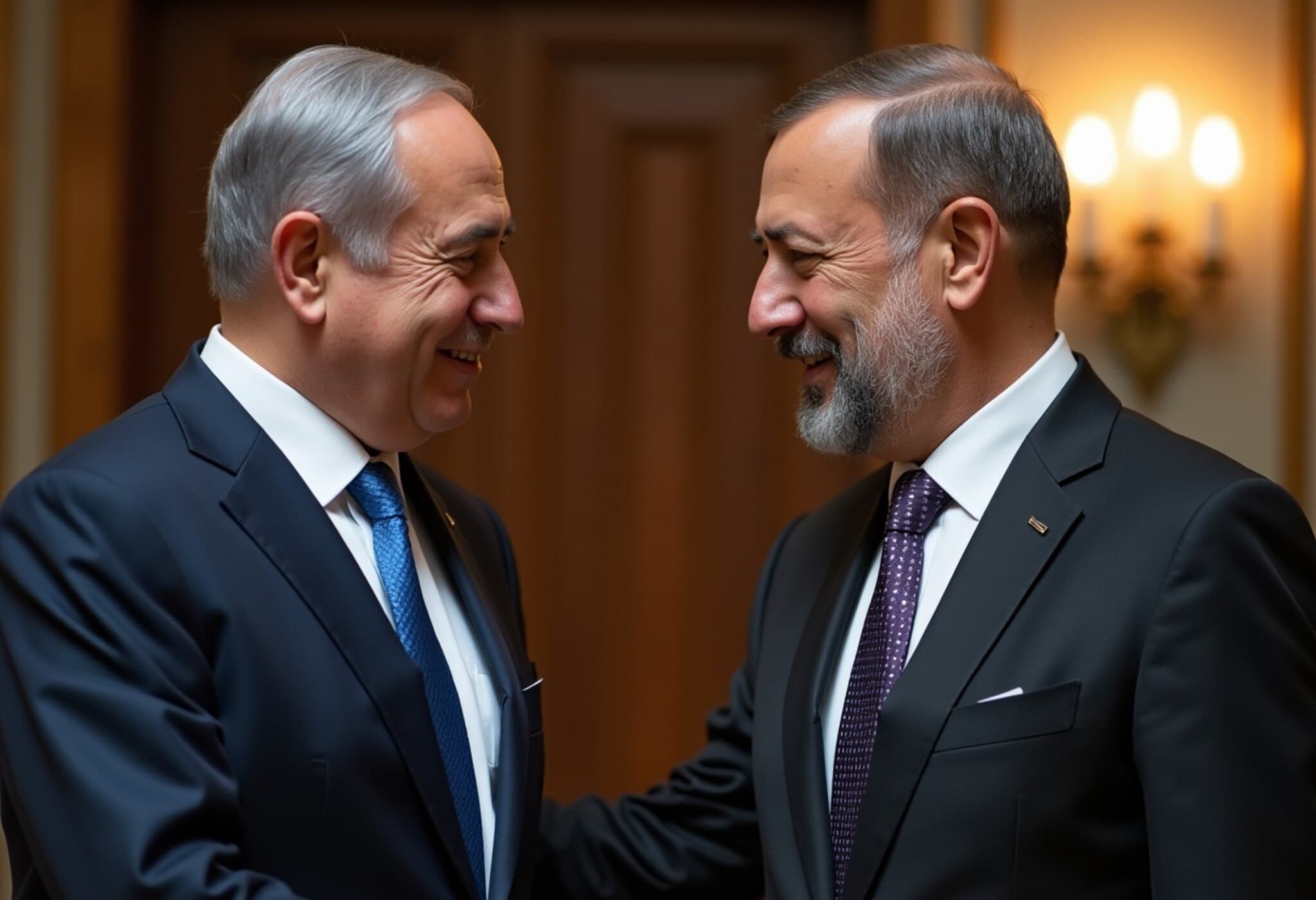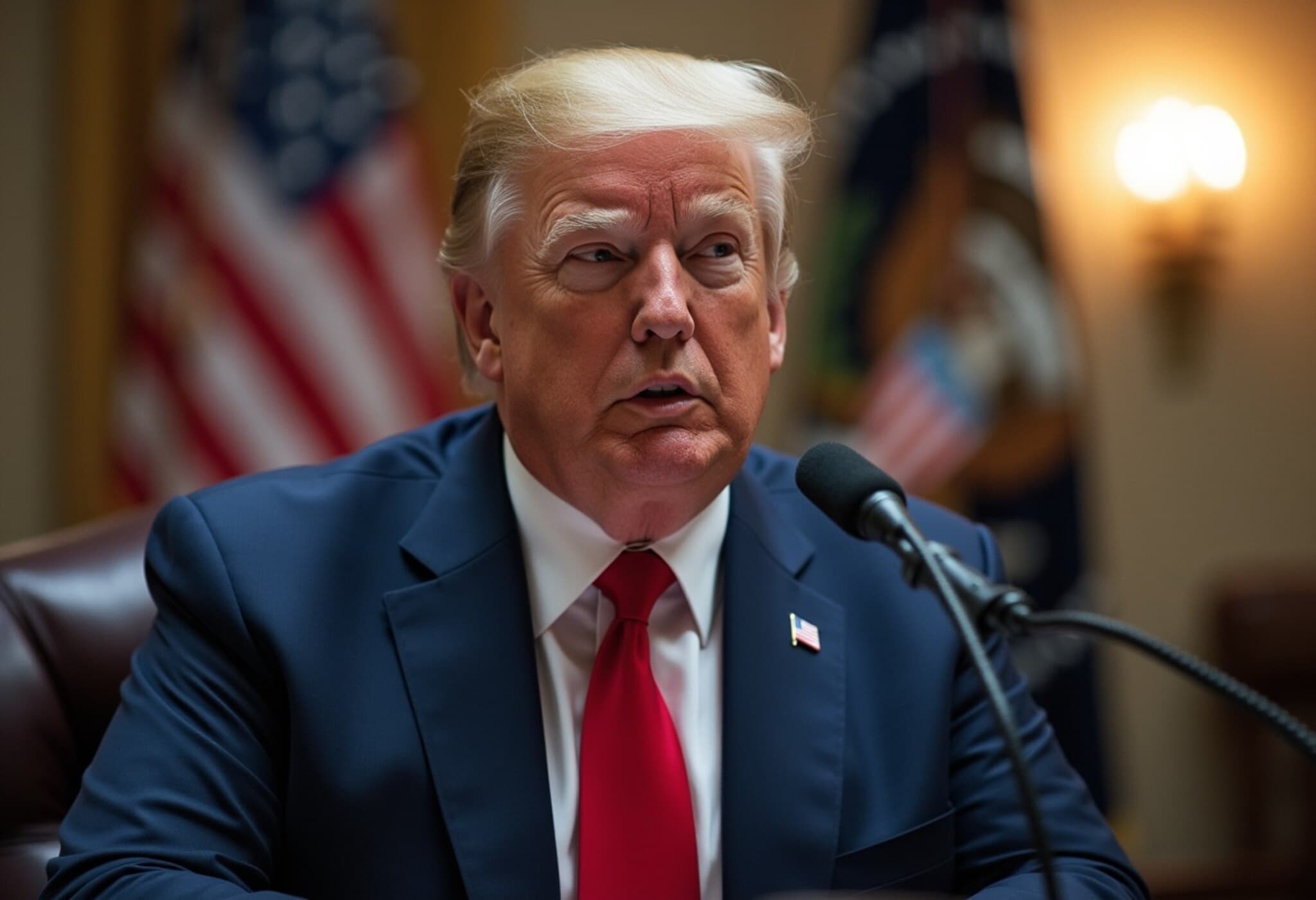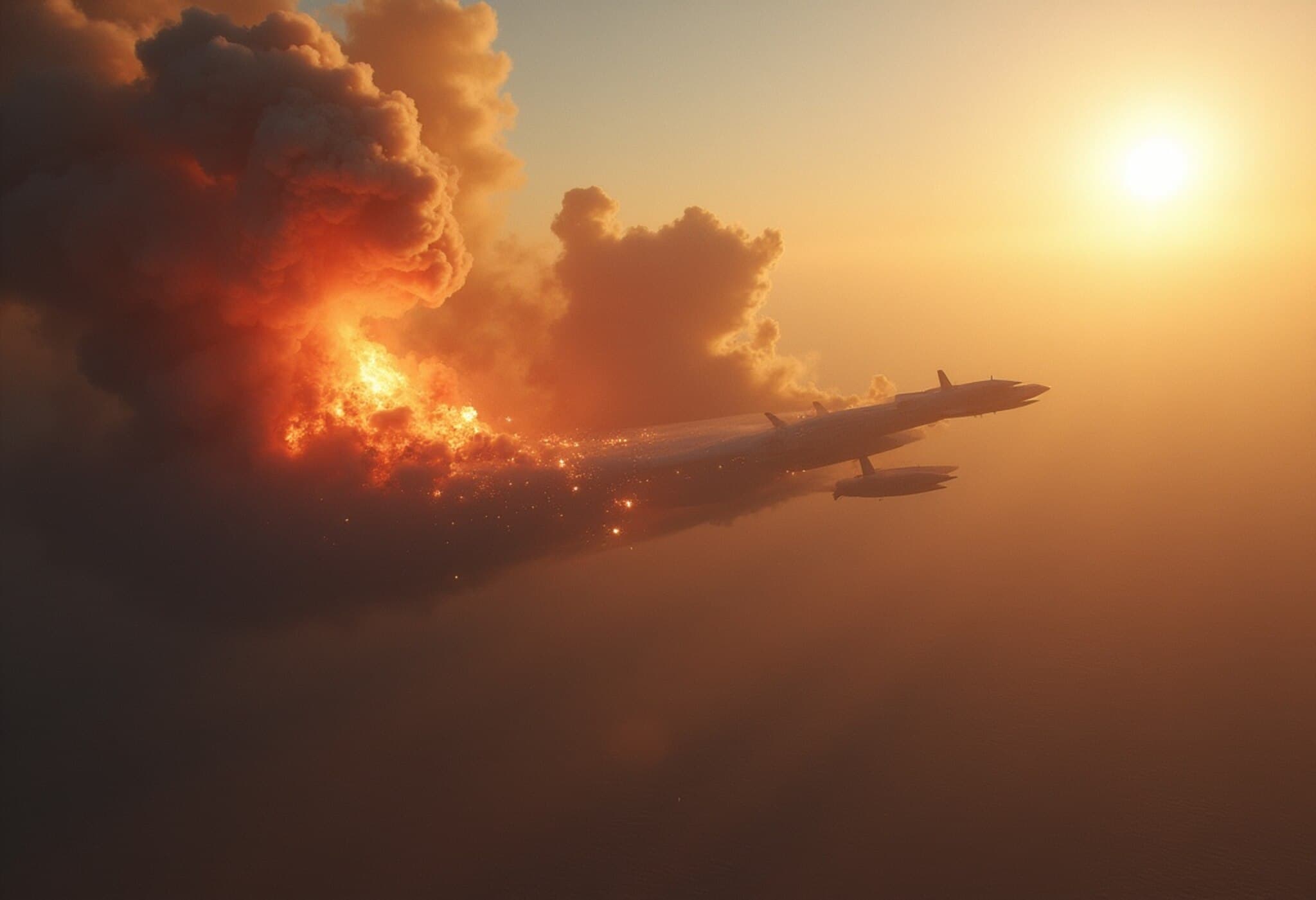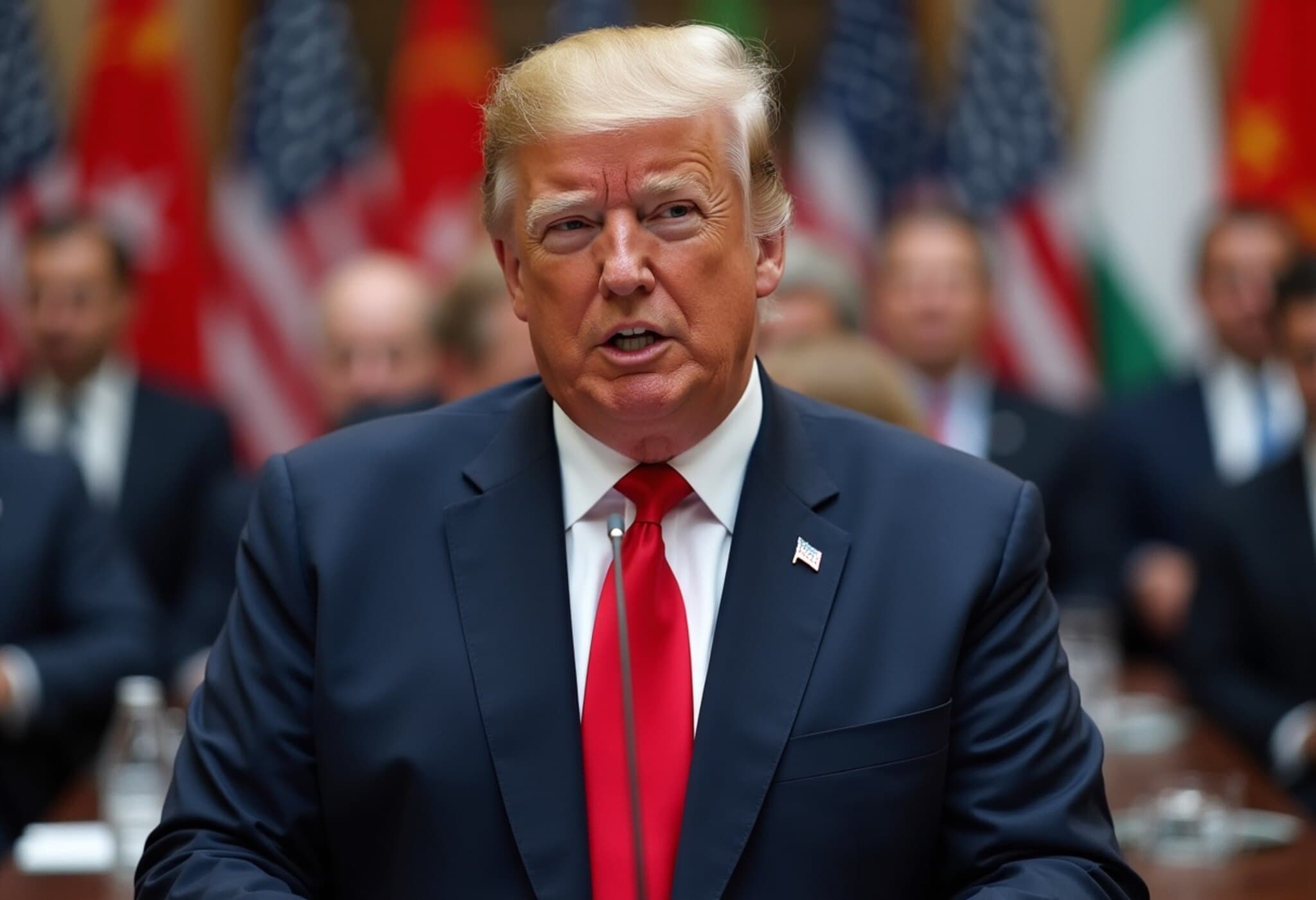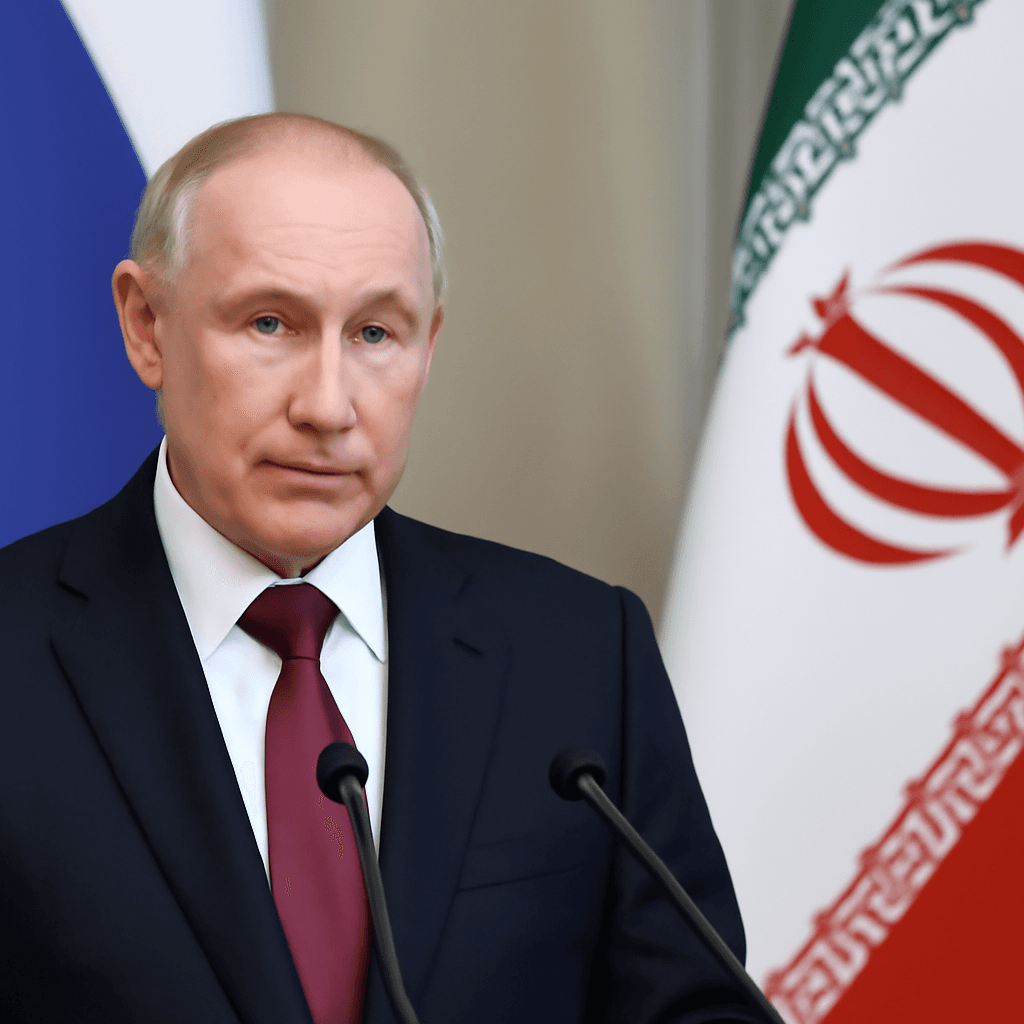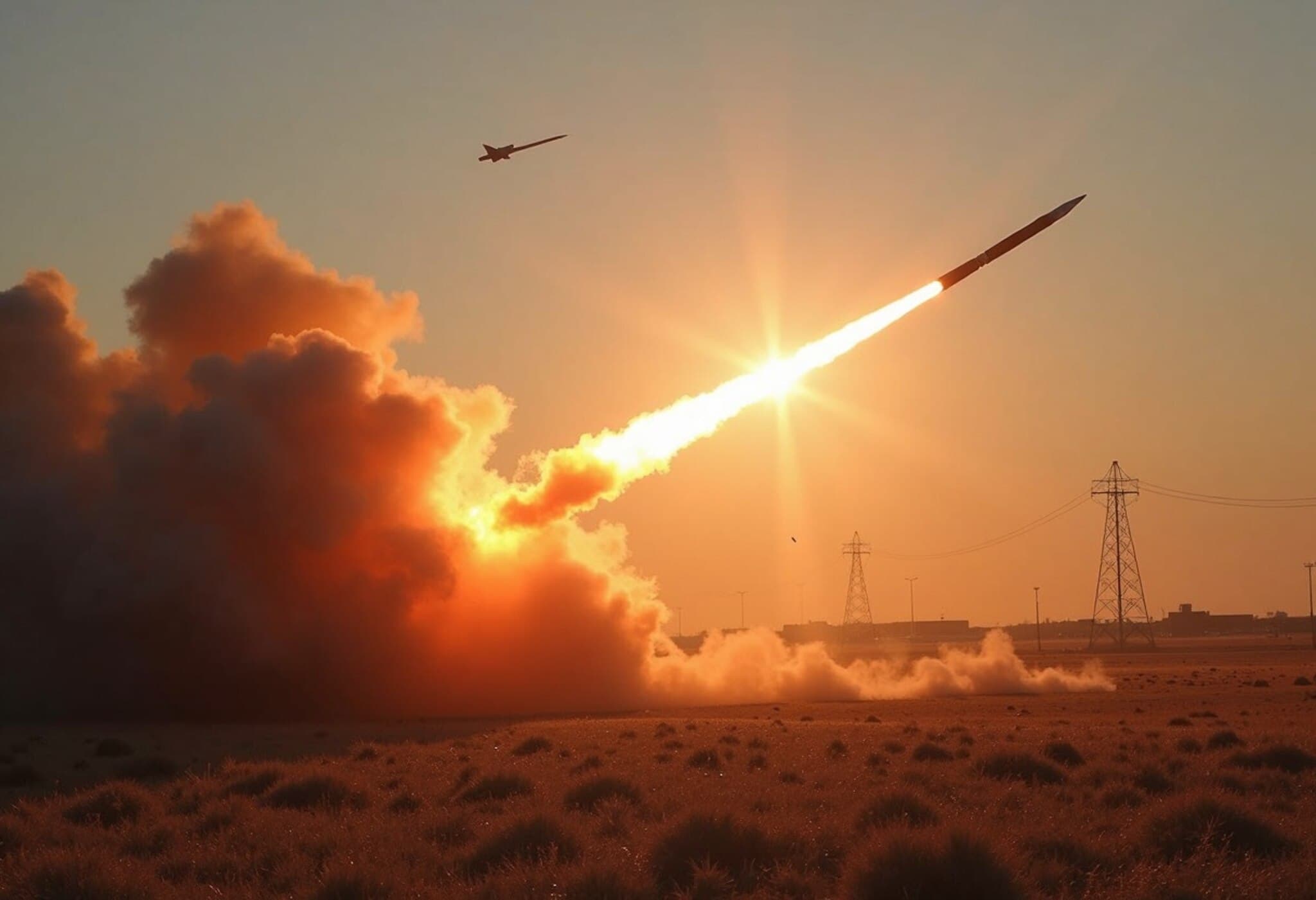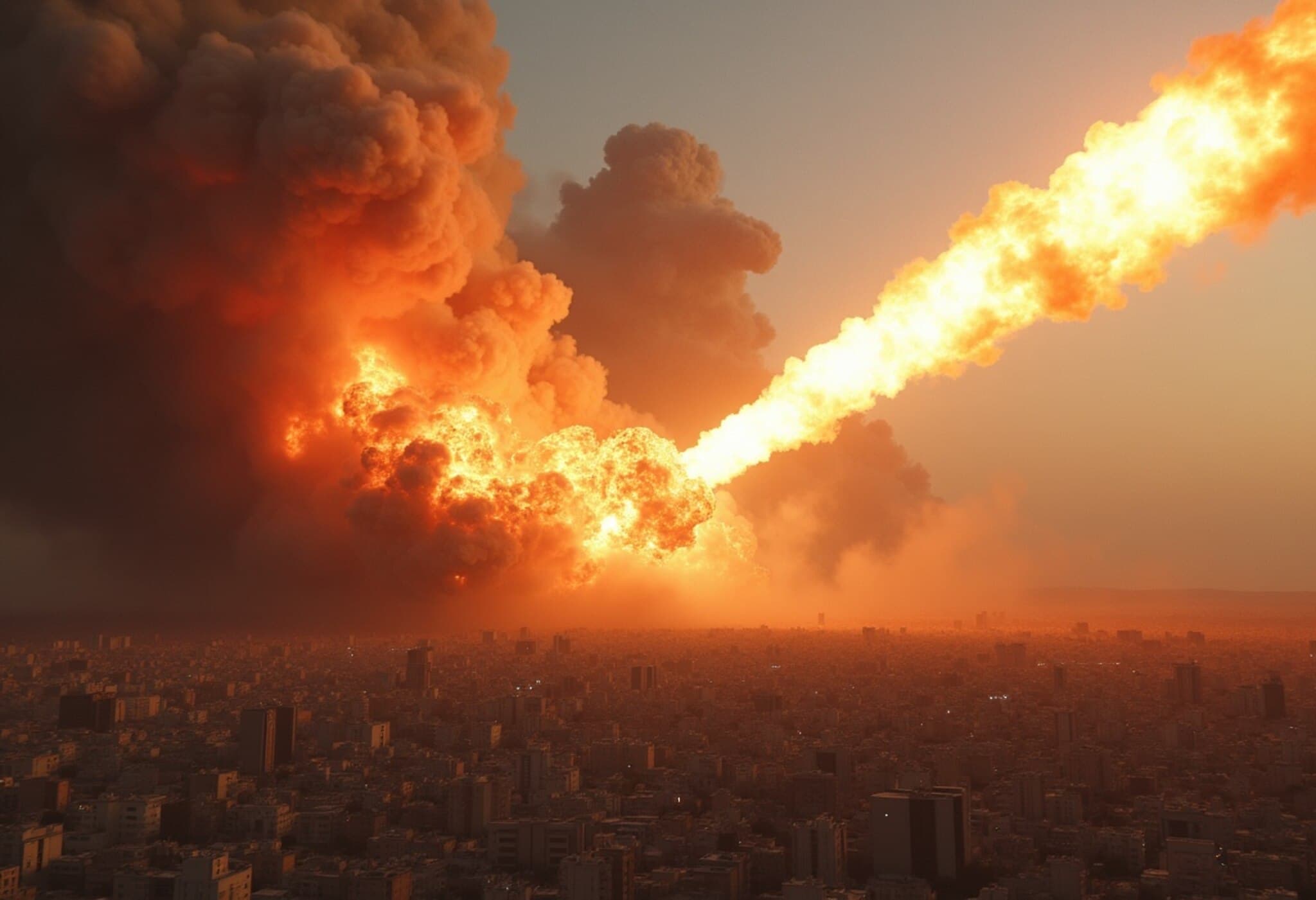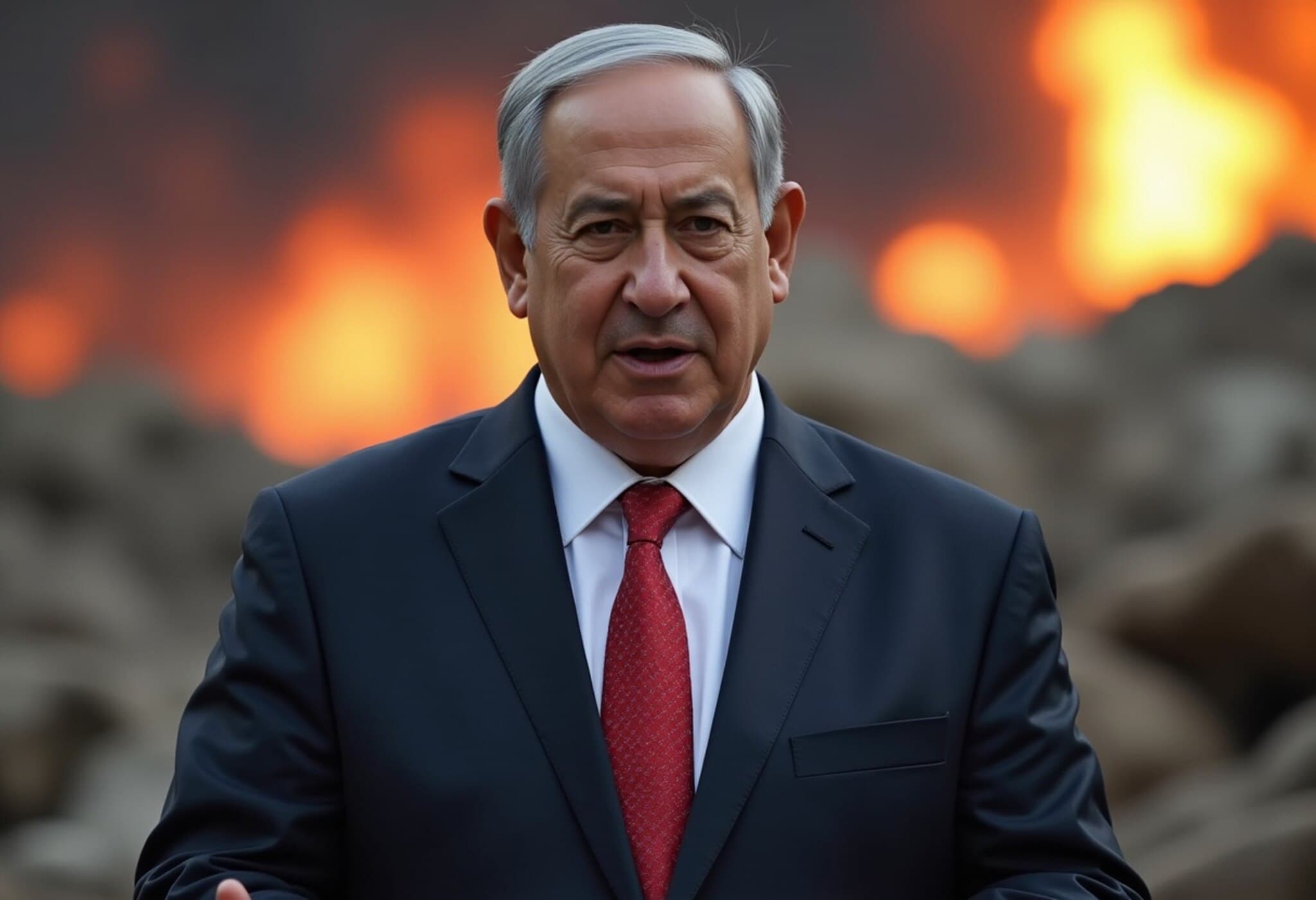Examining Israel’s Ambitions Beyond Iran’s Nuclear Threat
In recent months, Israel has escalated its military campaign against Iran with strikes that go well beyond merely disrupting Tehran’s nuclear program. While Prime Minister Benjamin Netanyahu insists the goal is to prevent Iran from obtaining a nuclear weapon, the scale and targets of Israeli operations suggest a far more ambitious agenda—one that some analysts interpret as aiming for regime change.
Operation Rising Lion: A New Phase of Conflict
On June 12-13, Israel launched its most extensive wave of airstrikes in decades, conducting over a dozen attacks across Iran under the codename Operation Rising Lion. The operation targeted critical nuclear facilities, including sites in Natanz and Isfahan, as well as missile production centers and military outposts. Among the casualties were top commanders and nuclear scientists, striking a serious blow to Iran’s strategic capabilities.
Shifting from Military to Political and Economic Targets
Initial strikes focused on Iran’s nuclear infrastructure, but subsequent attacks have penetrated deeper into core regime structures. Israeli forces have targeted key political and security institutions such as the foreign and defense ministries, Tehran’s police headquarters, and even the state media broadcaster. Adding to this, major energy assets like the South Pars gas field—currently the world’s largest natural gas reservoir—have also been hit, severely affecting Iran’s economic lifeline and military logistics.
The Strategic Logic Behind Israel’s Campaign
Experts suggest Israel’s approach follows a calculated, multi-stage plan. The first stage aims to slow down Iran’s nuclear progress if outright destruction isn’t feasible. The second seeks to weaken Iran’s military power by disabling missile delivery systems and eliminating high-ranking leaders. But there appears to be a third, more audacious goal unfolding.
This evolving strategy, sometimes called the Octopus Doctrine, targets the very heart of Iran’s regime rather than just its proxy forces. By disrupting critical infrastructure and governance, Israel seems intent on sowing internal unrest that could destabilize the Islamic Republic from the inside out.
Netanyahu’s Overtures to the Iranian People
Adding a psychological dimension to the military campaign, Netanyahu has made direct appeals to the Iranian populace, calling on citizens to rise against their leaders. He has framed Israel’s actions as paving the way for Iranian freedom—a message that could either inspire dissent or strengthen national unity.
Historical experience warns that foreign attacks often provoke citizens to rally around their government instead of rebelling, bolstering nationalist sentiments and regime resilience. Many experts caution that attempts at externally driven regime change are fraught with unpredictability and risk unintended consequences.
The Human Cost and Regional Implications
The ongoing conflict has inflicted a significant toll. Iran’s health authorities report over 200 fatalities, including civilians, and more than 1,000 injured. Strikes targeting residential neighborhoods and infrastructure have exacerbated humanitarian suffering, even as Israeli forces urge civilians to avoid military sites.
While Israel has achieved notable military successes—securing air superiority over Tehran, dismantling missile launchers, and eliminating senior commanders—important elements of Iran’s nuclear program remain intact, especially secure underground facilities like Fordow. Iran has, in turn, vowed to accelerate its nuclear efforts once the air campaign subsides.
Amid growing threats from Iran and its proxies, the possibility of wider regional escalation looms large. Efforts at mediation continue, and the United States is reportedly reconsidering its cautious stance, with increasing pressure to engage in the conflict alongside Israel.
The Uncertain Path Ahead
Despite rumors of isolation surrounding Supreme Leader Ayatollah Ali Khamenei and speculation about his son assuming greater control, regime collapse remains far from certain. External pressure might unsettle Tehran, but it could just as easily reinforce internal solidarity in times of crisis.
For Netanyahu, the stakes are undeniably high. Should Israel fail to realize its objectives, not only would Iranian nuclear ambitions persist, but the political repercussions within Israel could be significant, shaping the region’s trajectory for years to come.

